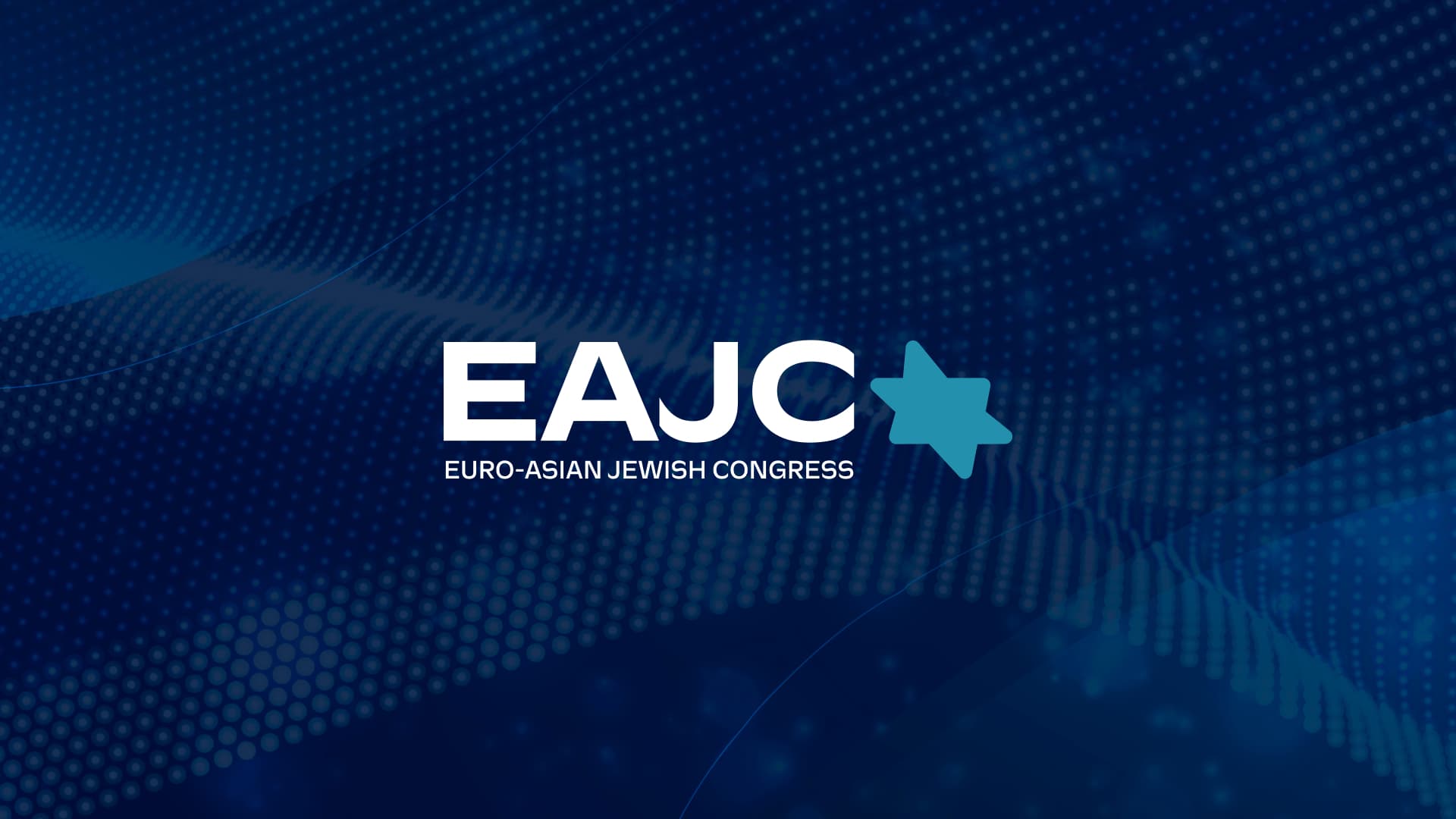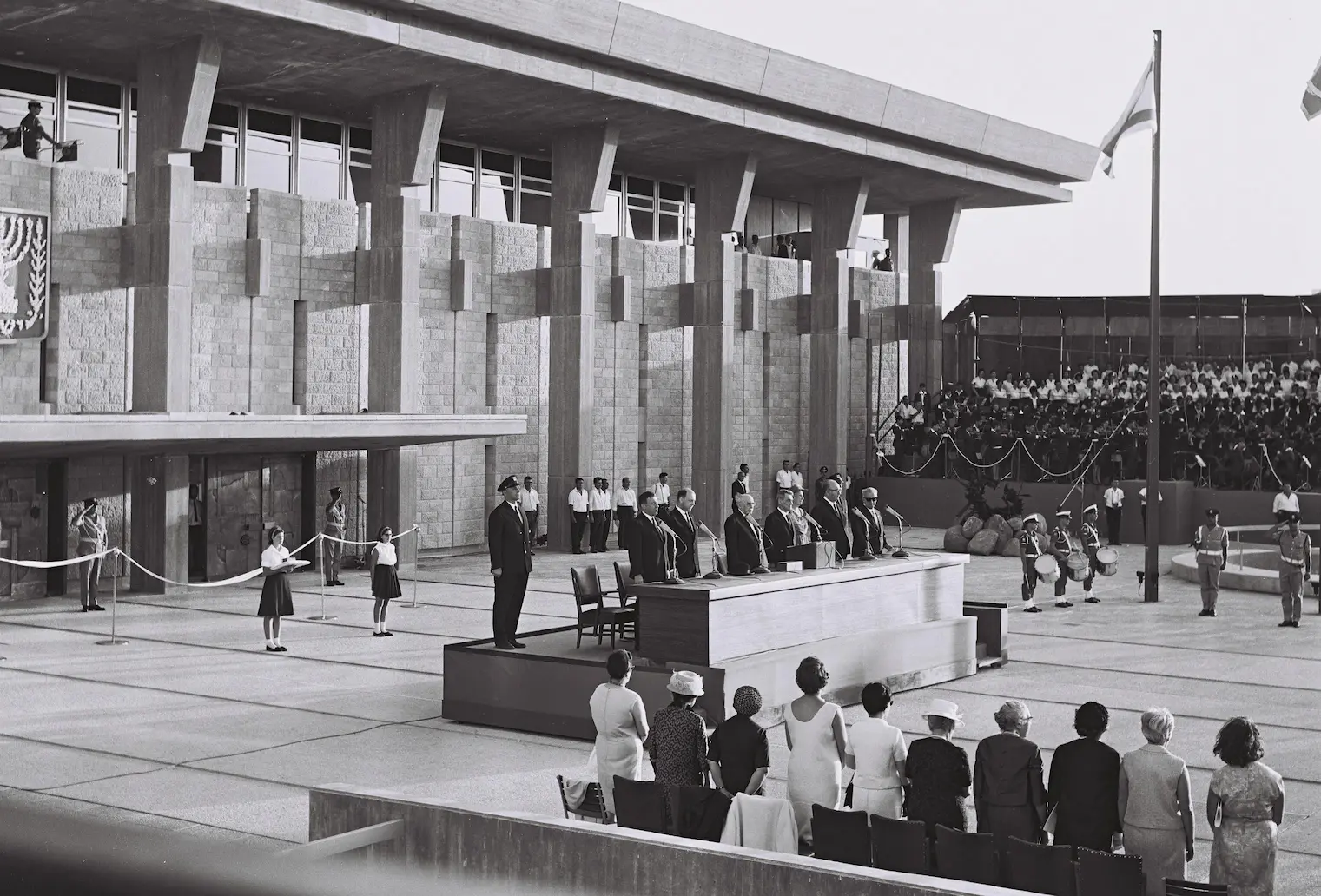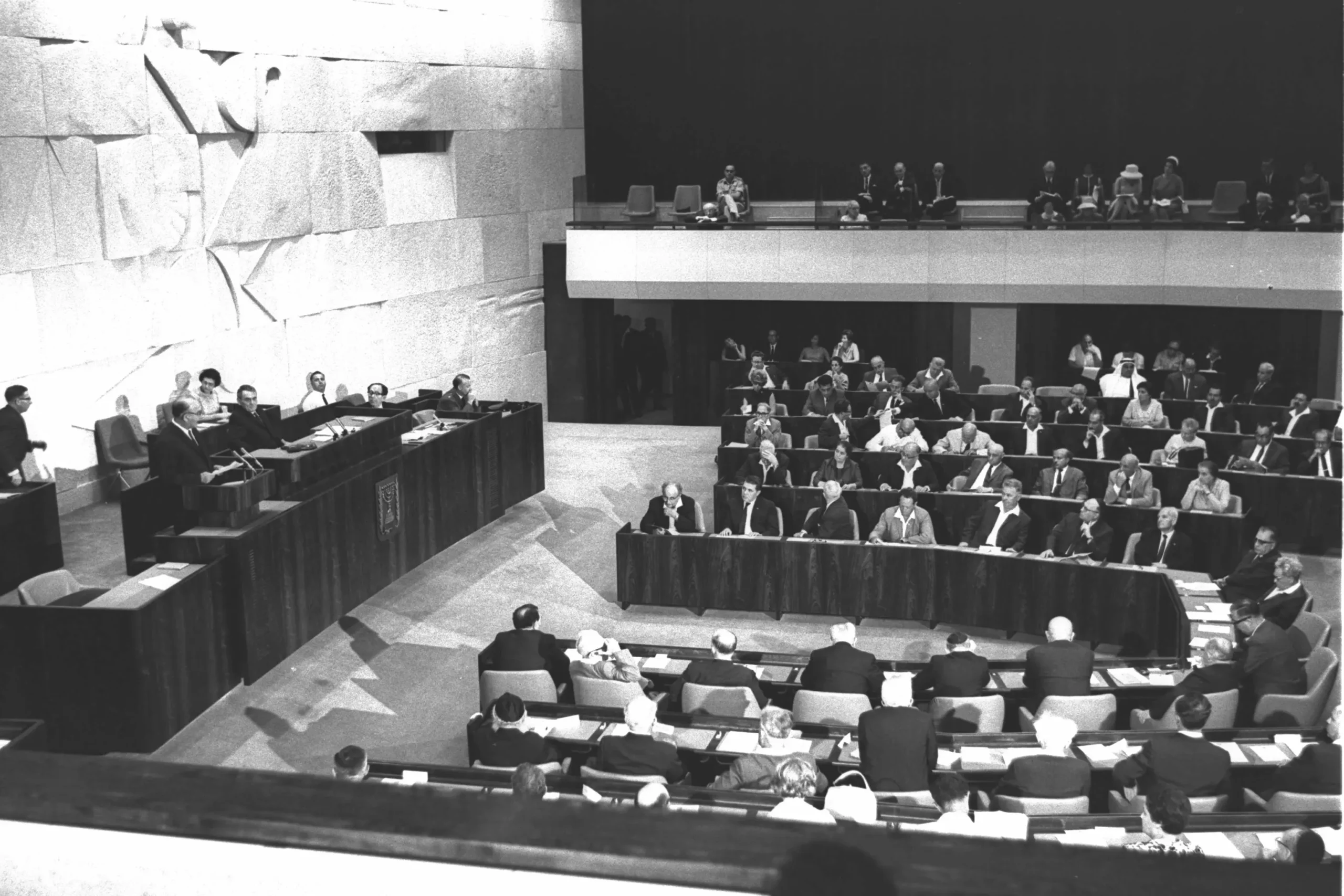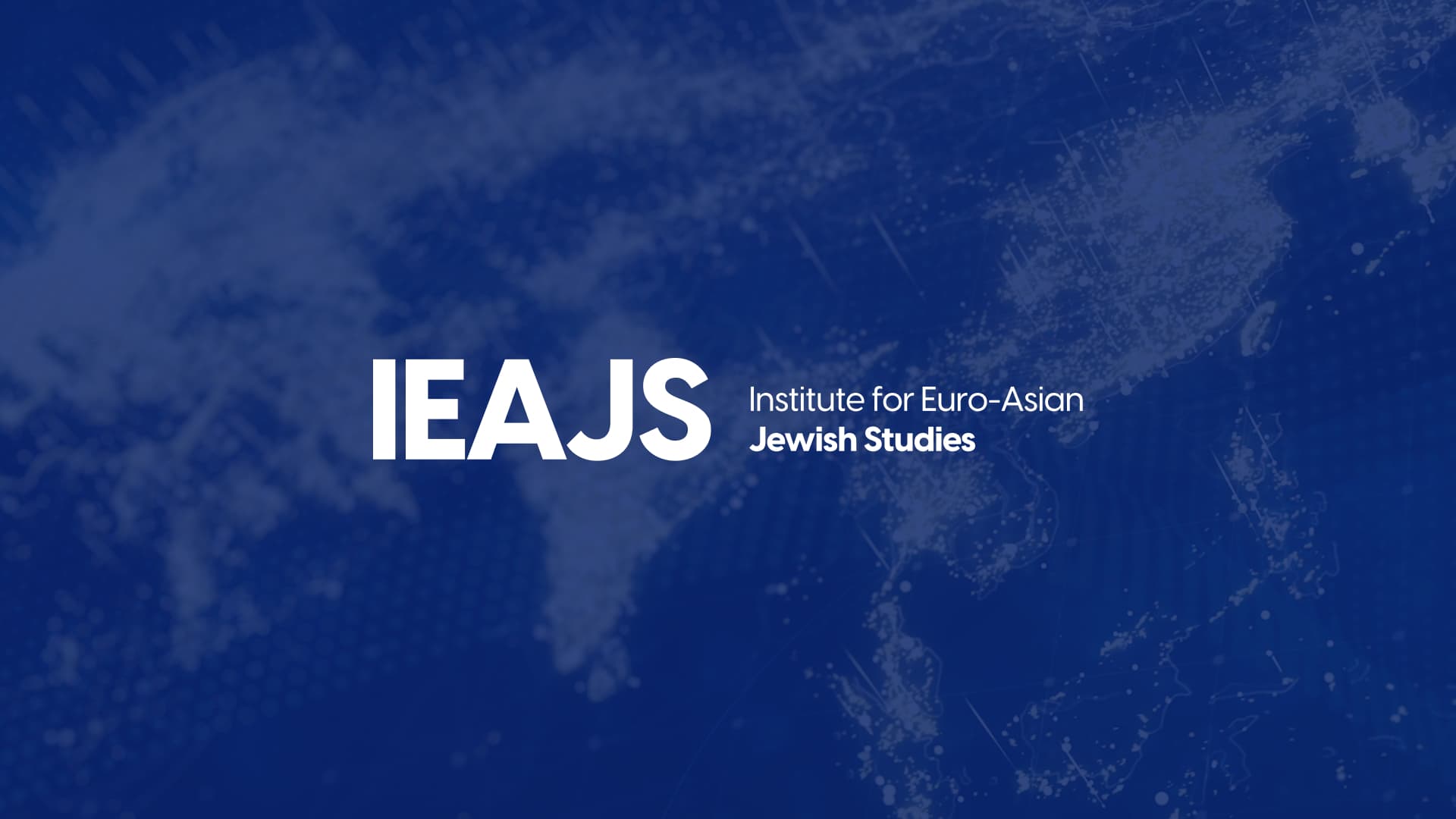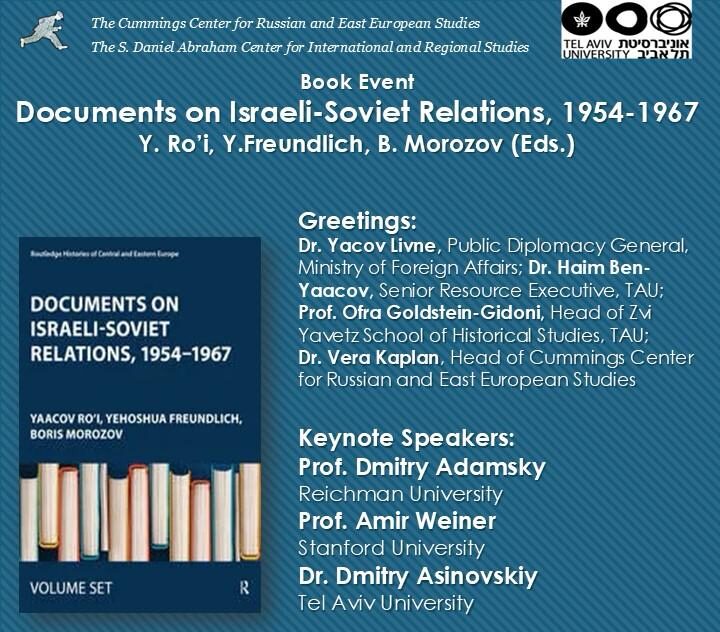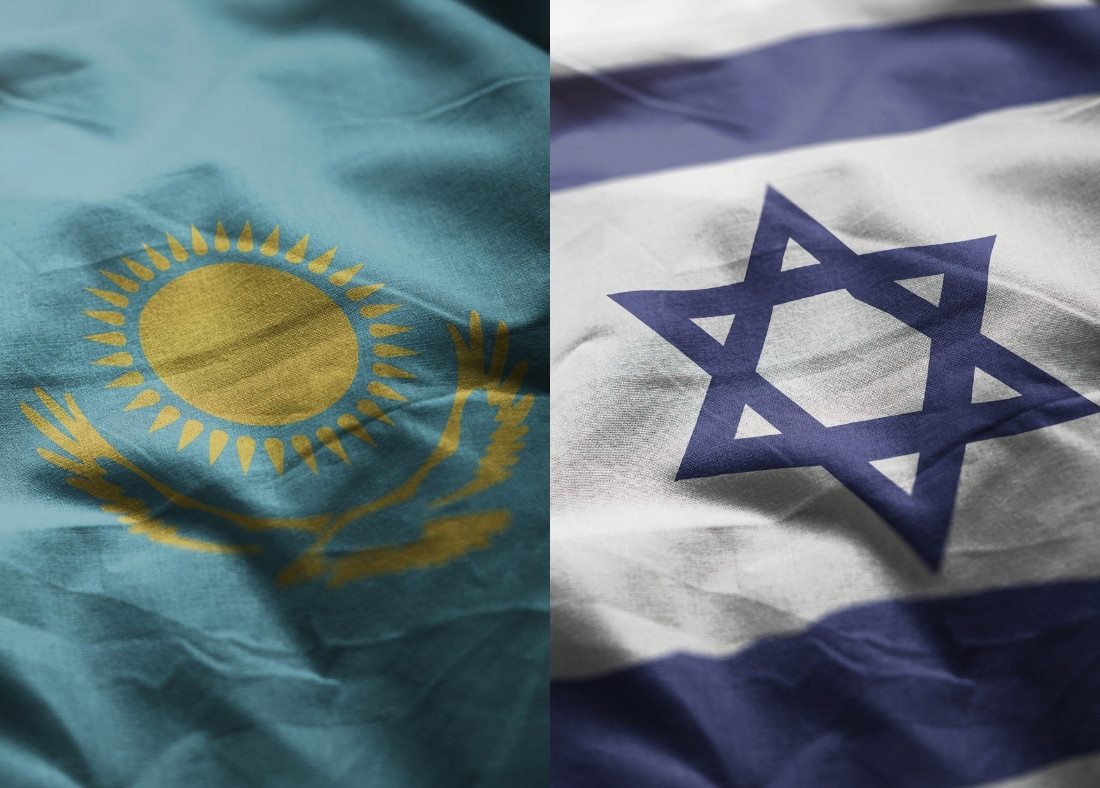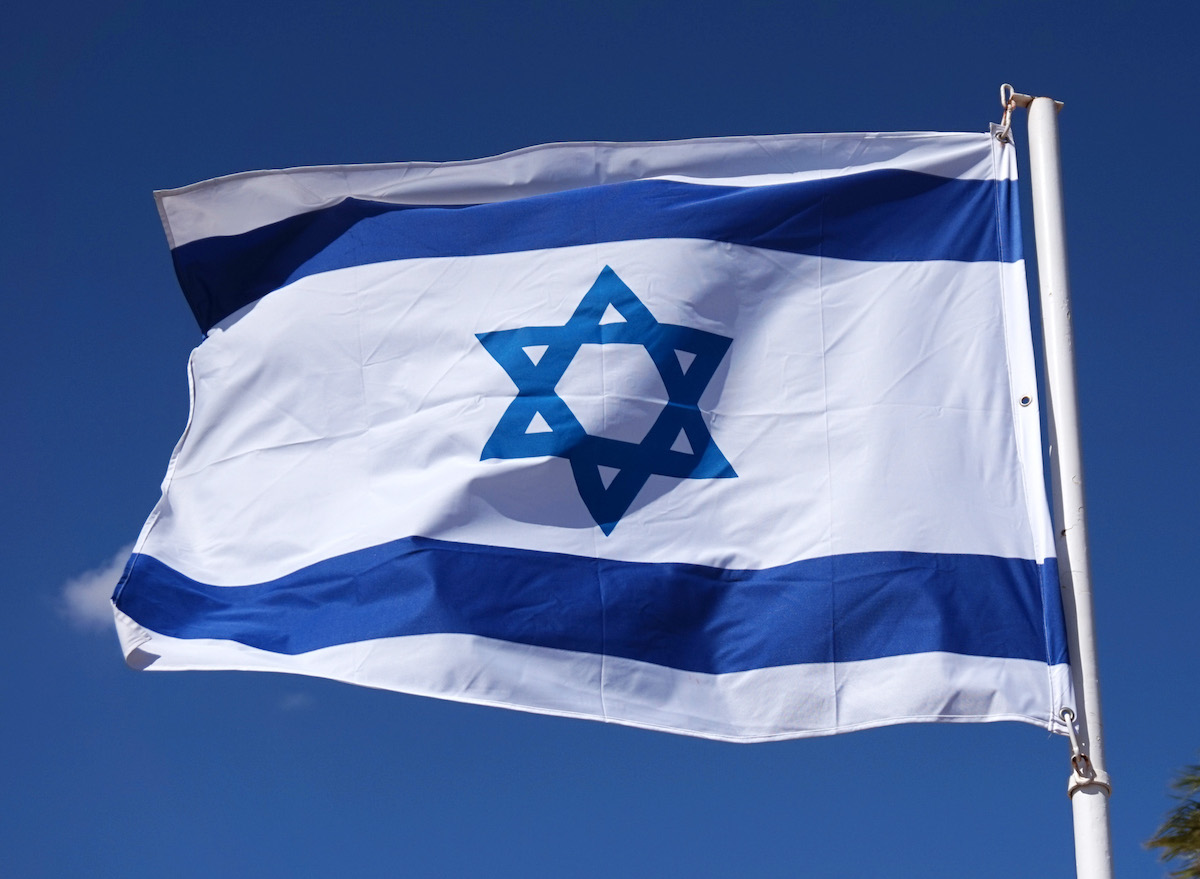The Euro-Asian Jewish Congress (EAJC) expresses its deep outrage over the fact that United Nations Secretary-General António Guterres sent a congratulatory message to the Iranian authorities on the anniversary of the 1979 Islamic Revolution — against the backdrop of ongoing mass repression in the Islamic Republic of Iran.
The President of the Euro-Asian Jewish Congress (EAJC), Dr. Michael Mirilashvili, publicly addressed the leadership of the United Nations with strong criticism of the letter sent by the head of the organization to the leader of the repressive regime in Tehran.
On behalf of the EAJC leadership and the leaders of Jewish communities across the region, Dr. Mirilashvili stated:
“I express my profound outrage regarding the recent public statements by the Secretary-General of the United Nations addressed to the Iranian leadership amid the harshest repression in the country. According to numerous assessments by independent human rights organizations, tens of thousands of citizens have been killed in Iran as a result of the brutal suppression of protests and internal terror. Tens of thousands more have been injured, subjected to arbitrary arrests, torture, and extrajudicial persecution.
In addition, Iran continues to systematically suppress freedom of speech, freedom of assembly, and the rights of women and national minorities.
Against this backdrop, public gestures that may be interpreted as congratulations or moral support for the current ruling elite in Tehran raise serious concern and deep misunderstanding.
The United Nations was established as an institution designed to defend human freedoms and dignity and to prevent crimes against humanity. At a time when the world is witnessing mass killings and grave human rights violations, the position of international institutions must be clear and morally unambiguous.
The history of the twentieth century has convincingly demonstrated that moral neutrality in the face of repressive regimes is inevitably perceived as their indirect legitimization.”
The Euro-Asian Jewish Congress calls on the leadership of the United Nations to take a series of urgent steps:
-
Provide a clear and unequivocal assessment of the large-scale repression in Iran;
-
Support an independent international investigation into reports of mass killings and torture in Iran;
-
Advocate for the release of political prisoners;
-
Strengthen international monitoring of the human rights situation in the country and call for the immediate resignation of the current UN Secretary-General.
The international community has no right to turn a blind eye to the suffering of the people. Silence and diplomatic ambiguity in such circumstances undermine trust in the very idea of international human rights protection.
